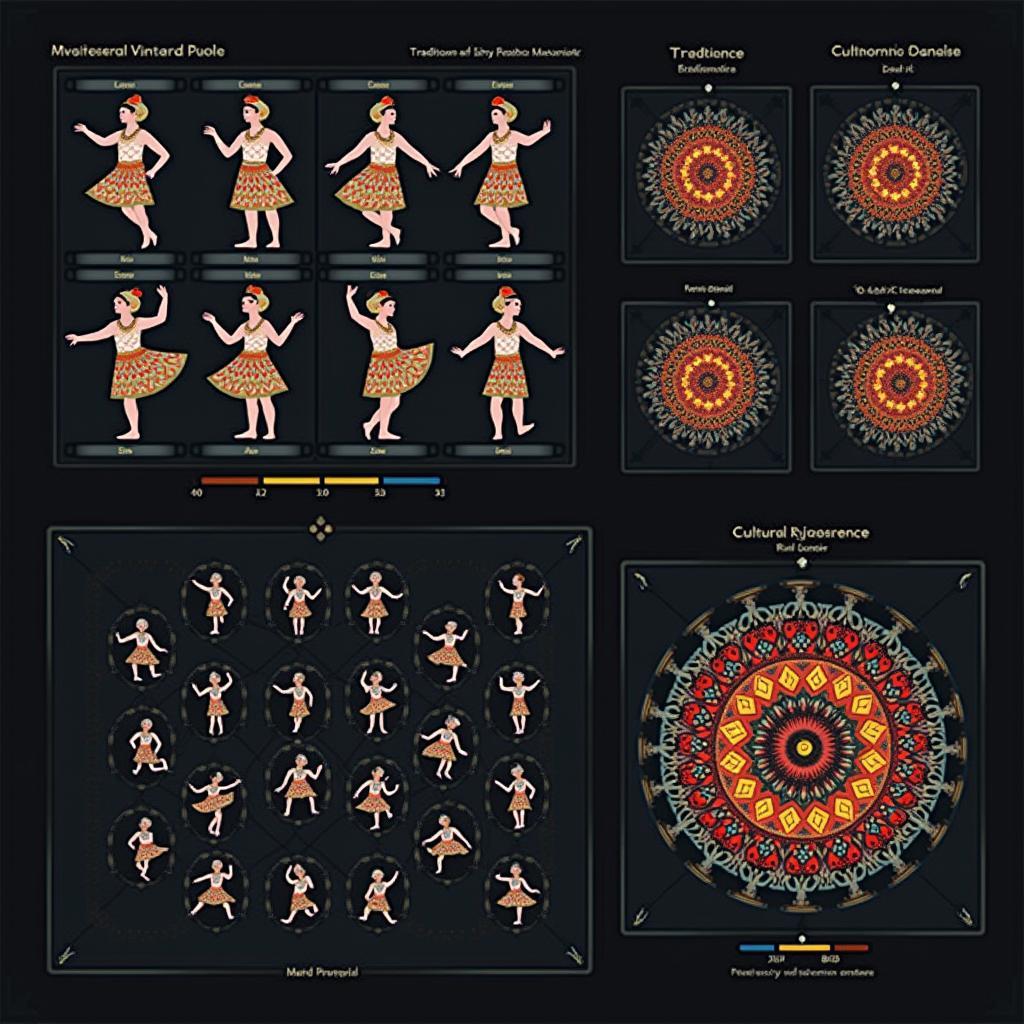The topic of artificial intelligence’s influence on cultural heritage has become increasingly relevant in IELTS Writing Task 2. Based on recent exam patterns and The impact of social media on cultural heritage, this theme appears approximately once every 4-6 months, making it crucial for IELTS candidates to prepare thoroughly.
Table Of Contents
Task Analysis and Sample Question
Some people believe that artificial intelligence (AI) helps preserve and promote cultural heritage, while others argue it poses a threat to traditional cultural practices. Discuss both views and give your opinion.
Understanding the Question
- Topic: AI’s impact on cultural heritage
- Task: Discuss both perspectives and provide personal opinion
- Key areas: Cultural preservation, technological advancement, traditional practices
Band 9 Sample Essay
Digital preservation of cultural artifacts through AI has emerged as a powerful tool for safeguarding our heritage, similar to how the influence of the internet on cultural exchange has transformed global connectivity. While some consider AI a valuable ally in cultural preservation, others view it as potentially harmful to traditional practices. In my opinion, when properly implemented, AI’s benefits significantly outweigh its drawbacks.
Those who support AI’s role in cultural preservation highlight several compelling advantages. Firstly, AI-powered technologies can create detailed digital archives of historical artifacts, monuments, and traditional practices, ensuring their preservation for future generations. Additionally, machine learning algorithms can analyze vast amounts of cultural data, uncovering previously unknown patterns and connections in historical records, ultimately enriching our understanding of cultural heritage.
However, critics raise valid concerns about AI’s impact on traditional cultural practices. They argue that excessive reliance on technology might lead to the erosion of authentic human experiences in cultural traditions. Furthermore, there are worries about AI potentially misinterpreting or oversimplifying complex cultural nuances, similar to how The impact of climate change on indigenous cultures has altered traditional ways of life.
In my assessment, AI’s potential to enhance cultural preservation outweighs these concerns. When thoughtfully integrated, AI can serve as a powerful tool for documenting, analyzing, and sharing cultural heritage while maintaining its authenticity. The key lies in using AI as a complementary tool rather than a replacement for human expertise and traditional practices.
To conclude, while the concerns about AI’s impact on cultural heritage deserve consideration, its capacity to preserve and promote cultural understanding makes it an invaluable asset. The future of cultural preservation likely lies in finding the right balance between technological innovation and traditional methods.

Band 7 Sample Essay
AI technology has become increasingly important in preserving cultural heritage, much like The role of language preservation in cultural identity. This essay will examine both positive and negative aspects of AI’s influence on cultural practices.
One significant advantage of AI in cultural preservation is its ability to store and protect cultural information. For example, AI systems can create detailed digital records of ancient artifacts and traditional ceremonies. Moreover, AI technologies help make cultural heritage more accessible to people worldwide through virtual museums and interactive exhibitions.
However, there are legitimate concerns about AI’s impact on traditional practices. Some people worry that depending too much on technology might make younger generations less interested in learning traditional methods directly from their elders. Additionally, there is concern that AI might not accurately capture the emotional and spiritual aspects of cultural practices.
In my view, AI offers more benefits than drawbacks when it comes to cultural preservation. While we should be careful about how we use this technology, its ability to protect and share cultural heritage is valuable for future generations.
To sum up, although AI presents some challenges to traditional cultural practices, its advantages in preserving and sharing cultural heritage are significant. The key is to find ways to use AI that complement rather than replace traditional cultural practices.
Key Vocabulary
- cultural heritage (n) /ˈkʌltʃərəl ˈherɪtɪdʒ/ – traditions and artifacts passed down through generations
- preservation (n) /ˌprezəˈveɪʃən/ – the act of maintaining something in its original state
- digitization (n) /ˌdɪdʒɪtaɪˈzeɪʃən/ – converting information into digital format
- algorithms (n) /ˈælɡərɪðəmz/ – sets of rules followed by computers
- authentic (adj) /ɔːˈθentɪk/ – genuine or original
- erosion (n) /ɪˈrəʊʒən/ – gradual destruction or diminution
- nuances (n) /ˈnjuːɑːnsɪz/ – subtle differences in meaning or expression
- integration (n) /ˌɪntɪˈɡreɪʃən/ – the process of combining or adding parts to make a unified whole
For additional practice, try writing your own essay on this topic and share it in the comments. Future exam topics might include AI’s impact on local festivals, traditional crafts, or religious ceremonies.